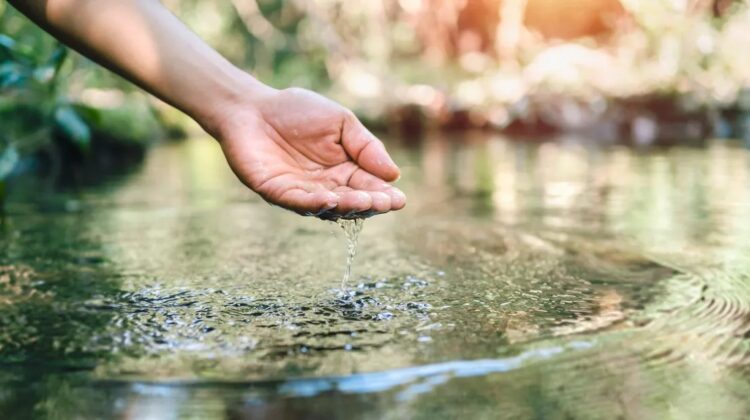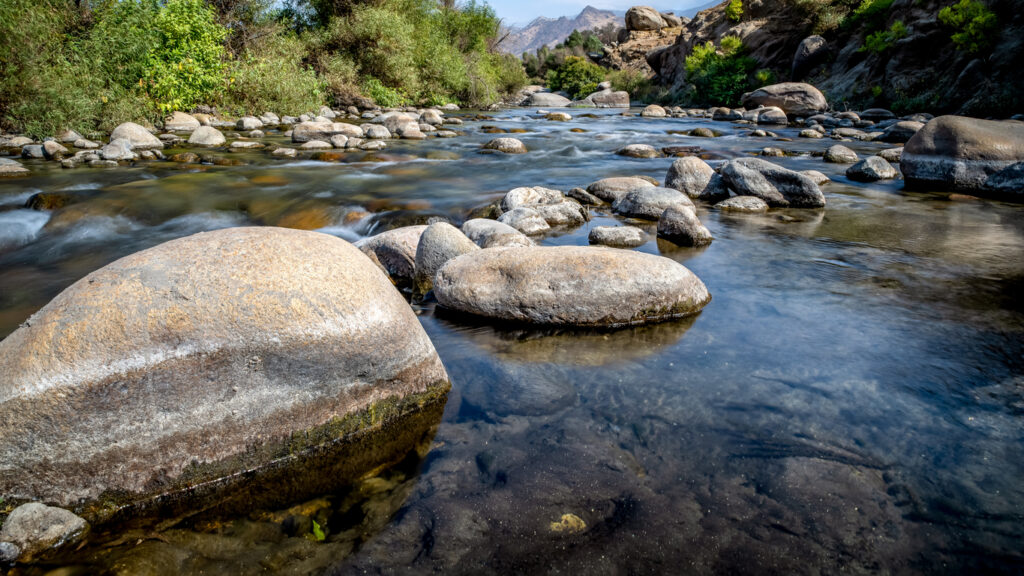
As humanity continues its journey through the Anthropocene, the era defined by significant human influence on the planet, the toll of our actions becomes increasingly evident. From the extinction of species to shifts in climate patterns, the negative repercussions of human activity reverberate across the globe. The latest casualty to emerge from this narrative? The freshwater cycle, according to a groundbreaking new study.
Freshwater, a vital resource crucial for sustaining life, is intricately woven into the fabric of our planet’s ecosystems. Lakes, rivers, and streams serve as conduits for this precious resource, perpetually cycling through various stages as part of the Earth’s water cycle. Yet, a team of researchers has uncovered disturbing evidence suggesting that human activity has disrupted this once-stable system.
To unravel the extent of this disruption, the researchers embarked on a comprehensive analysis spanning centuries. By comparing pre-industrial conditions (1661-1860) with those of the industrial era (1861-2005), they aimed to discern the impact of human activities on the global freshwater cycle. Employing sophisticated hydrological models, the team scrutinized data on streamflow and soil moisture from diverse regions worldwide.

Image credit: lovelyday12/Shutterstock.com
The findings paint a sobering picture of human-induced upheaval. Across the globe, the frequency and severity of extreme conditions, such as droughts and floods, have surged beyond historical norms. Lead author Vili Virkki remarked, “We found that exceptional conditions are now much more frequent and widespread than before, clearly demonstrating how human actions have changed the state of the global freshwater cycle.”
A myriad of human activities, ranging from deforestation to dam construction, has been implicated in this unsettling trend. Global warming, a well-known culprit, exacerbates the situation, amplifying the frequency of extreme weather events. Moreover, large-scale irrigation projects have been identified as contributing to the disruption, particularly in regions like the Nile, Indus, and Mississippi river basins.
Geographical disparities further underscore the complexity of the issue. Tropical and subtropical regions experience heightened aridity, while temperate zones grapple with increased precipitation extremes. Such alterations, the authors caution, transcend the planetary boundary critical for maintaining the stability of the freshwater cycle.

The implications of these findings are profound, touching upon a myriad of ecological and climatic processes vital for the sustenance of life on Earth. However, amidst the disquieting revelations, there exists a glimmer of hope. Armed with this knowledge, researchers and policymakers can chart a course toward mitigating the repercussions of freshwater cycle disruption.
“Understanding these dynamics in greater detail could help guide policies to mitigate the resulting harm – but our immediate priority should be to decrease human-driven pressures on freshwater systems, which are vital to life on Earth,” emphasized senior author Matti Kummu.
In confronting the challenges posed by humanity’s impact on the freshwater cycle, collective action and concerted efforts are imperative. Only through proactive measures and sustainable practices can we safeguard this precious resource for generations to come.

Leave a Reply